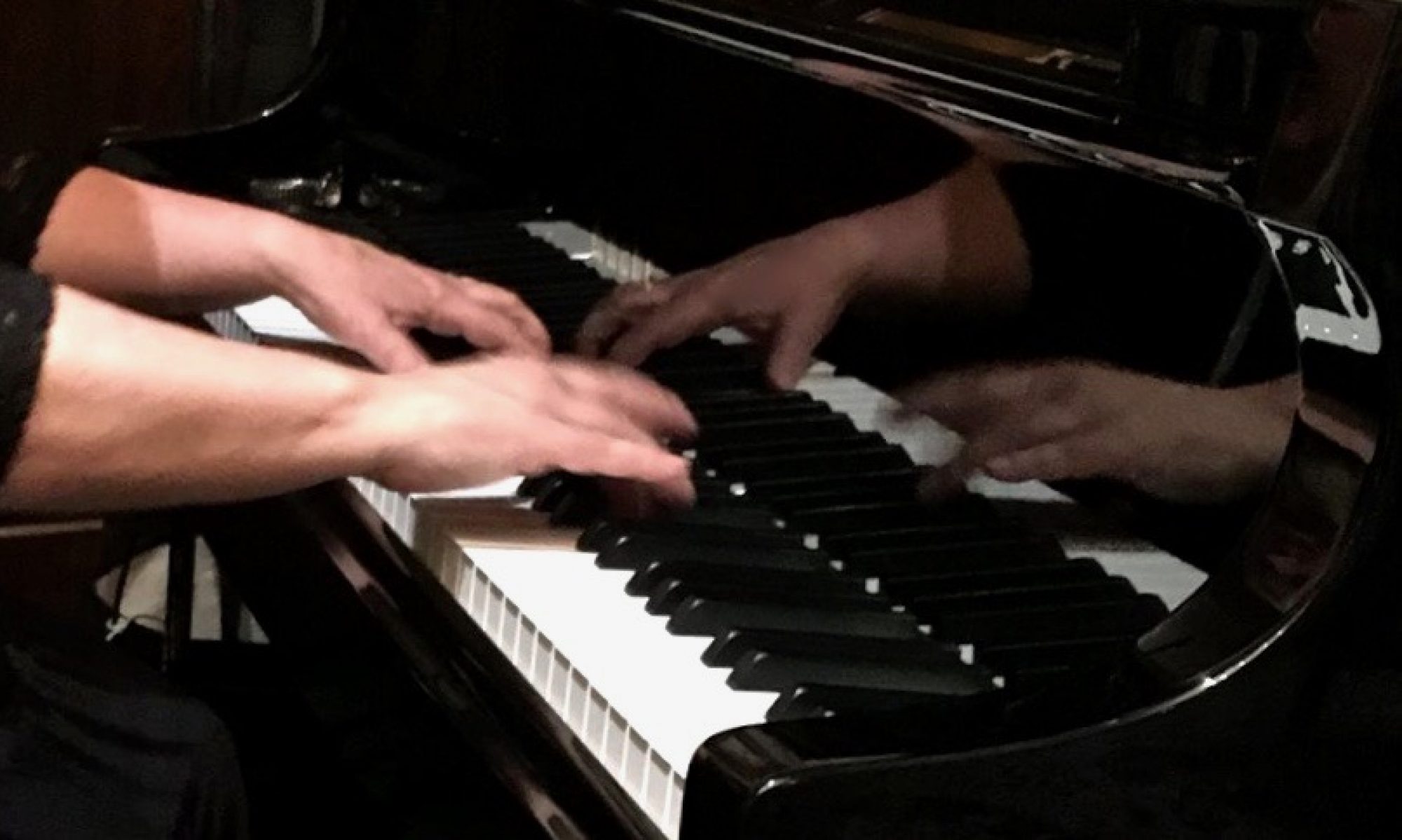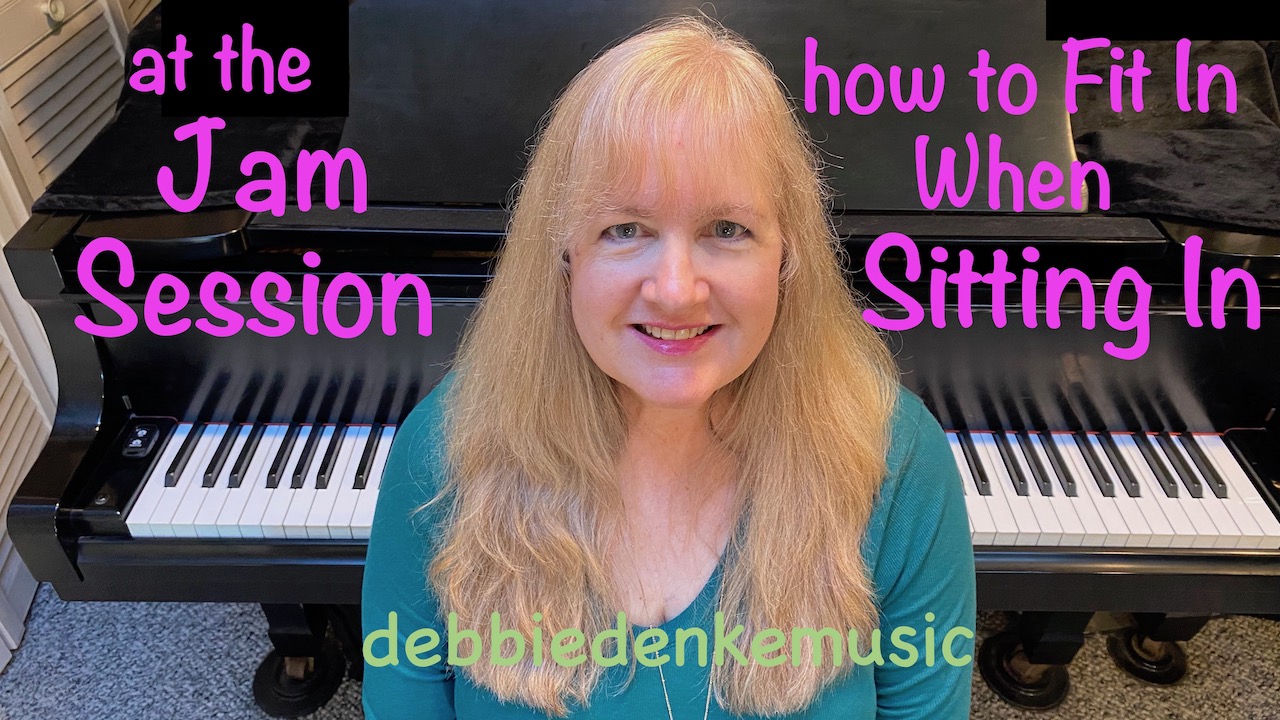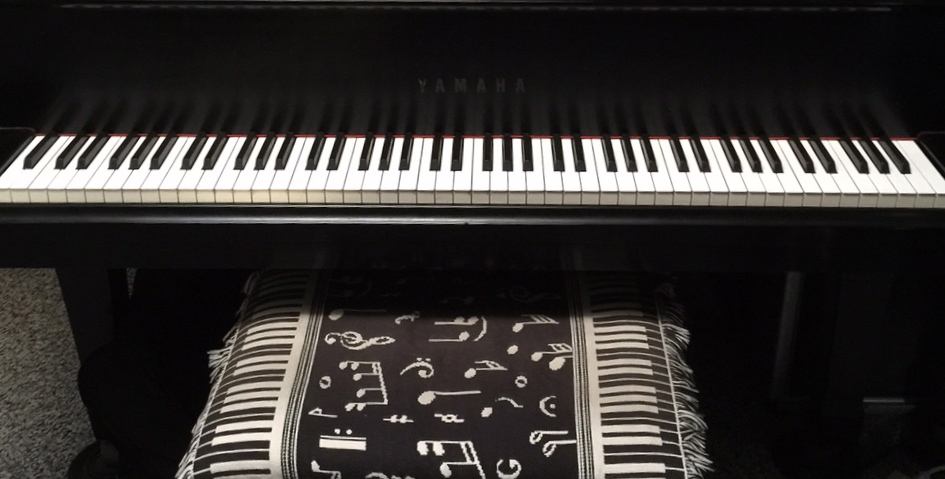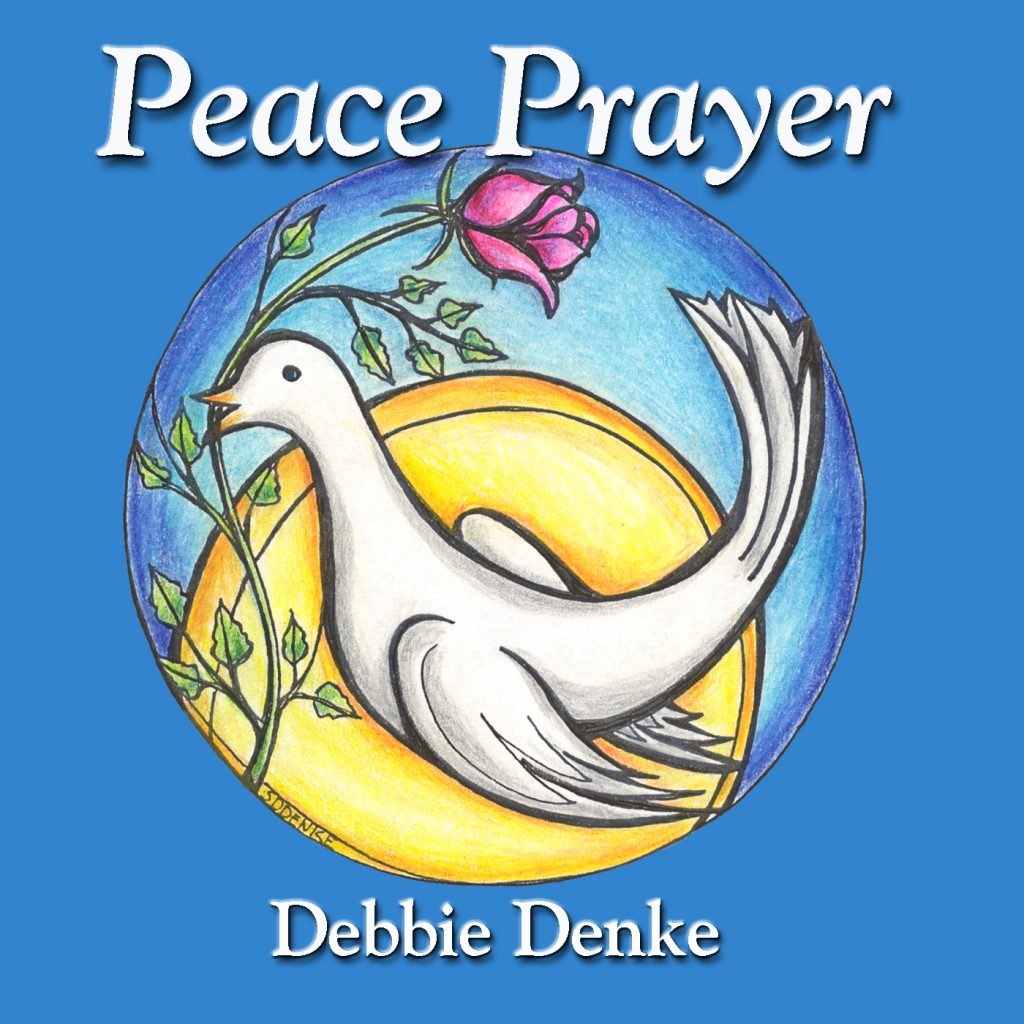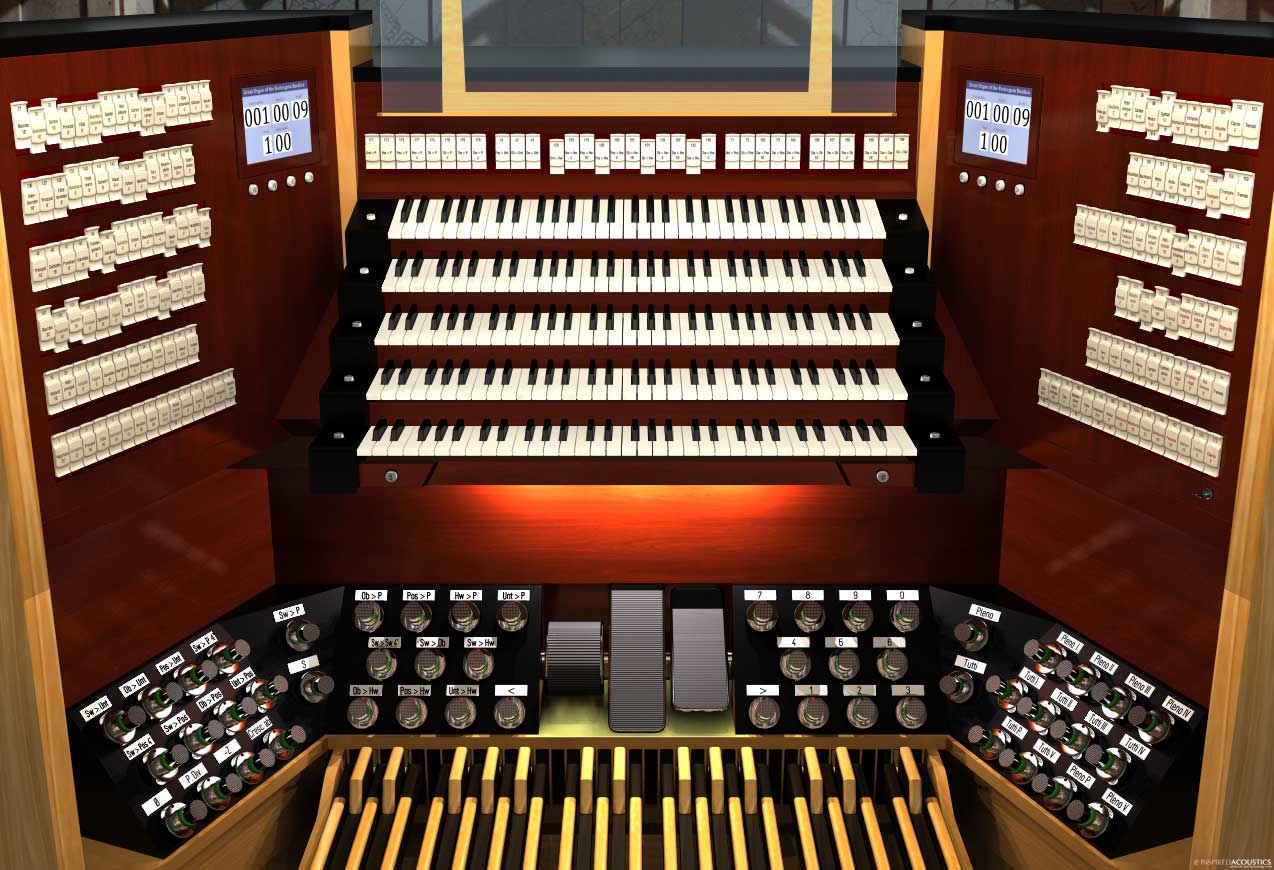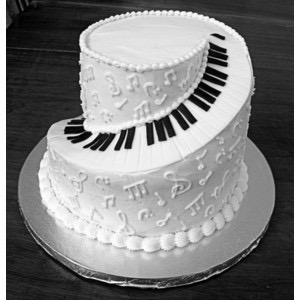A jam session can be a great way to gain performing experience. Plus, if you play it right, you’ll be introduced to other musicians who may want to work with you someday! Ready to go onstage, meet and play music with others?
Be aware that certain sit-in behaviors can influence your reputation in a positive way, while others may be highly off-putting. Of course, sounding good on your instrument matters, but it’s not the entire story!
Learn the unspoken (yet understood by the pros) protocol tips for sitting in: Continue reading “Jam Session 101: 22 Dos & Don’ts”
